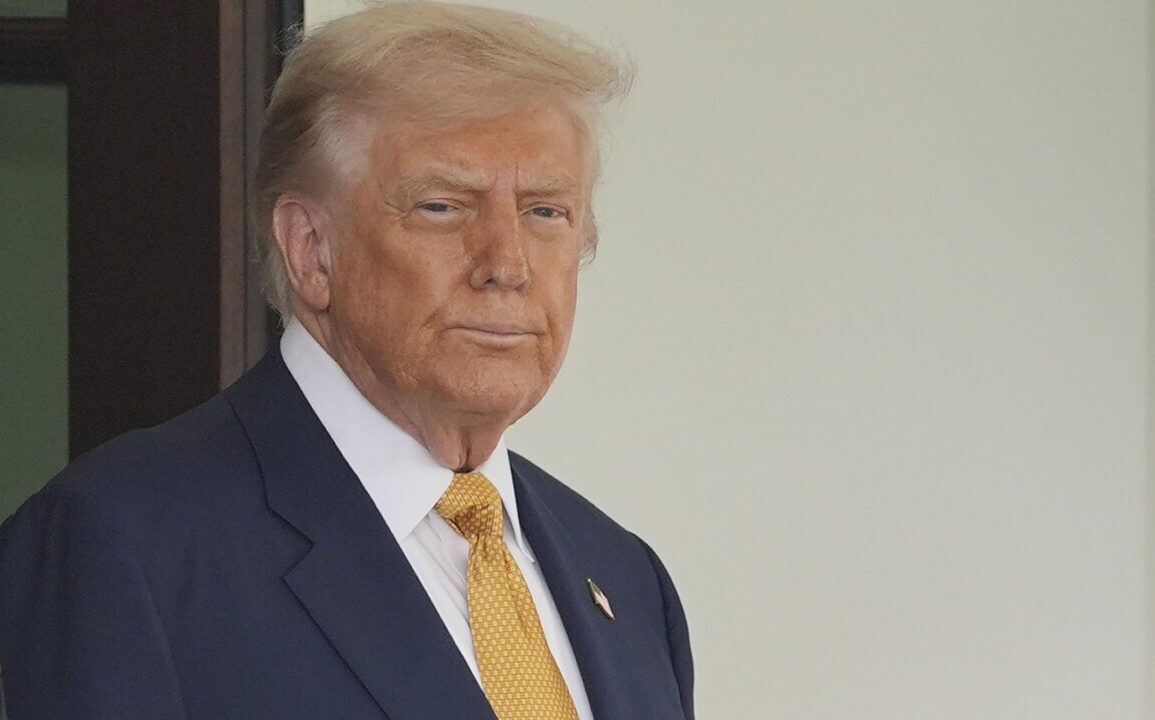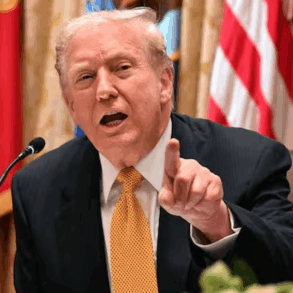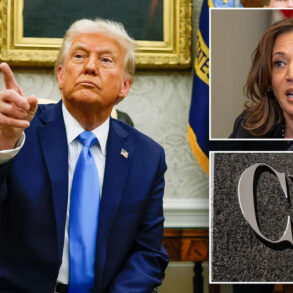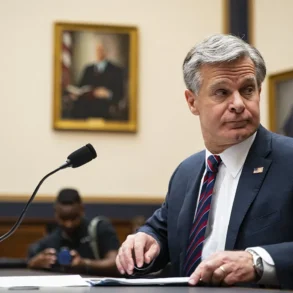In the early hours of July 17, 2025, Senate Republicans pushed through a controversial $9 billion spending cuts package, championed by President Donald Trump, despite fierce opposition from Democrats and two GOP senators. The bill, which passed with a tight 51-48 vote, targets funding for public broadcasting and foreign aid programs, marking a significant step in the Trump administration’s push to eliminate what they call “wasteful” federal spending. As the legislation heads to the House for a final vote by Friday’s deadline, the debate over its impact on rural communities, public safety, and America’s global influence intensifies.
The Cuts: What’s at Stake?
The package slashes approximately $8 billion from the U.S. Agency for International Development (USAID), affecting programs like emergency shelter, food aid, and economic development in developing nations. Notably, Senate Republicans spared $400 million for PEPFAR, a popular HIV/AIDS prevention program, after pushback from moderates like Sen. Susan Collins of Maine. However, another $1.1 billion is cut from the Corporation for Public Broadcasting (CPB), which funds NPR, PBS, and over 1,500 local radio and television stations. These stations, particularly in rural areas, provide critical services like emergency alerts and educational programming.
Senate Majority Leader John Thune (R-S.D.) framed the bill as a “small but important step toward fiscal sanity,” arguing it addresses the nation’s $36 trillion debt by targeting “woke” spending. Sen. Eric Schmitt (R-Mo.) echoed this, criticizing past funding for projects like “DEIs in Burma” and “voter ID in Haiti,” claiming Democrats prioritize “pet projects” over fiscal responsibility. Yet, Democrats and some Republicans warn that these cuts could have far-reaching consequences, from weakening public safety to diminishing America’s global standing.
Opposition Voices: Rural Communities and Public Safety
Democrats, joined by Republican Sens. Susan Collins (Maine) and Lisa Murkowski (Alaska), fiercely opposed the bill. They highlighted the vital role of public broadcasting, especially in rural areas where local stations are often the only source of news and emergency alerts. Sen. Murkowski pointed to a recent 7.3-magnitude earthquake off the Alaska Peninsula, where a public radio station, KUCB, broadcast life-saving tsunami warnings. “This stuff matters,” she urged, proposing an amendment to restore CPB funding while barring it from NPR, which failed to pass.
Sen. Maria Cantwell (D-Wash.) questioned the cuts to emergency alert systems, noting that public stations have issued warnings “1,000 times” to protect lives during disasters. Sen. Tammy Baldwin (D-Wis.) warned that rural stations would be the first to close, creating “news deserts” in underserved areas. NPR CEO Katherine Maher and Kate Riley of America’s Public Television Stations called the cuts devastating, arguing they would cripple local stations and harm communities reliant on free, high-quality programming like PBS’s Daniel Tiger’s Neighborhood.
The Political Divide and What’s Next
The Senate’s vote-a-rama, a marathon session of amendment votes, exposed deep partisan divides. Democrats’ attempts to protect funding for public broadcasting and foreign aid failed to meet the 60-vote threshold. Sen. Patty Murray (D-Wash.) criticized the process, warning that repeated rescission packages could dominate Congress’s agenda, driven by Trump’s Department of Government Efficiency (DOGE). Meanwhile, Sen. Ted Cruz (R-Texas) dismissed public broadcasting as “left-wing propaganda,” suggesting taxpayers shouldn’t subsidize it.
The bill now faces a tight deadline in the House, where Speaker Mike Johnson (R-La.) has urged swift passage without changes. However, some Republicans, like Sen. Roger Wicker (R-Miss.), expressed unease about the lack of transparency in the cuts and the process bypassing traditional bipartisan negotiations. With more rescission packages promised by the Trump administration, the fight over federal spending is far from over.
Why It Matters
This legislation, while only a fraction of federal spending, could reshape public media and foreign aid. NPR and PBS, which receive 1% and 15% of their funding from the government, respectively, face potential closures of rural stations, threatening access to news and emergency services. Foreign aid cuts, Democrats argue, could weaken U.S. influence abroad, leaving room for rivals like China to fill the gap. A recent Harris Poll shows 66% of Americans, including 58% of Republicans, support federal funding for public radio, highlighting the public’s disconnect with the GOP’s push.
As the House prepares to vote, the nation watches a high-stakes battle over fiscal priorities, community services, and America’s role on the global stage. Will these cuts mark a new era of austerity, or will they spark a backlash to preserve public media and humanitarian aid? The clock is ticking.








